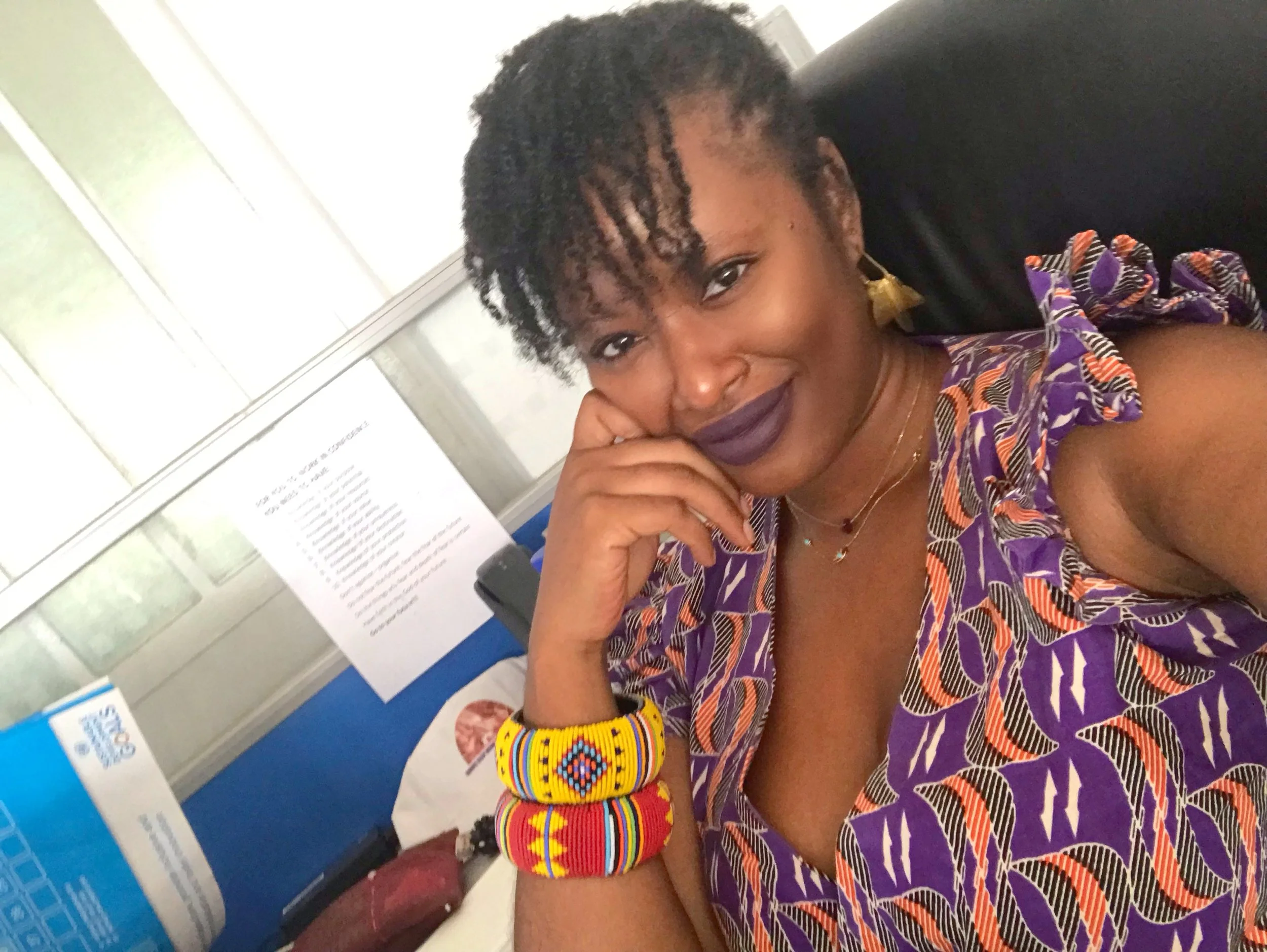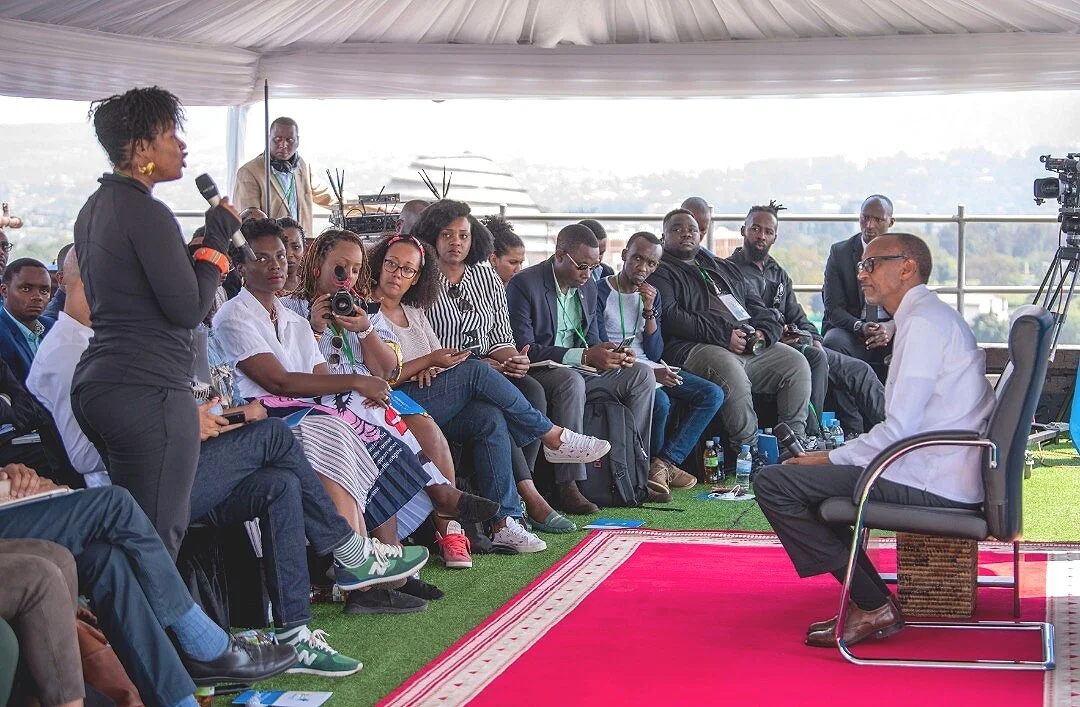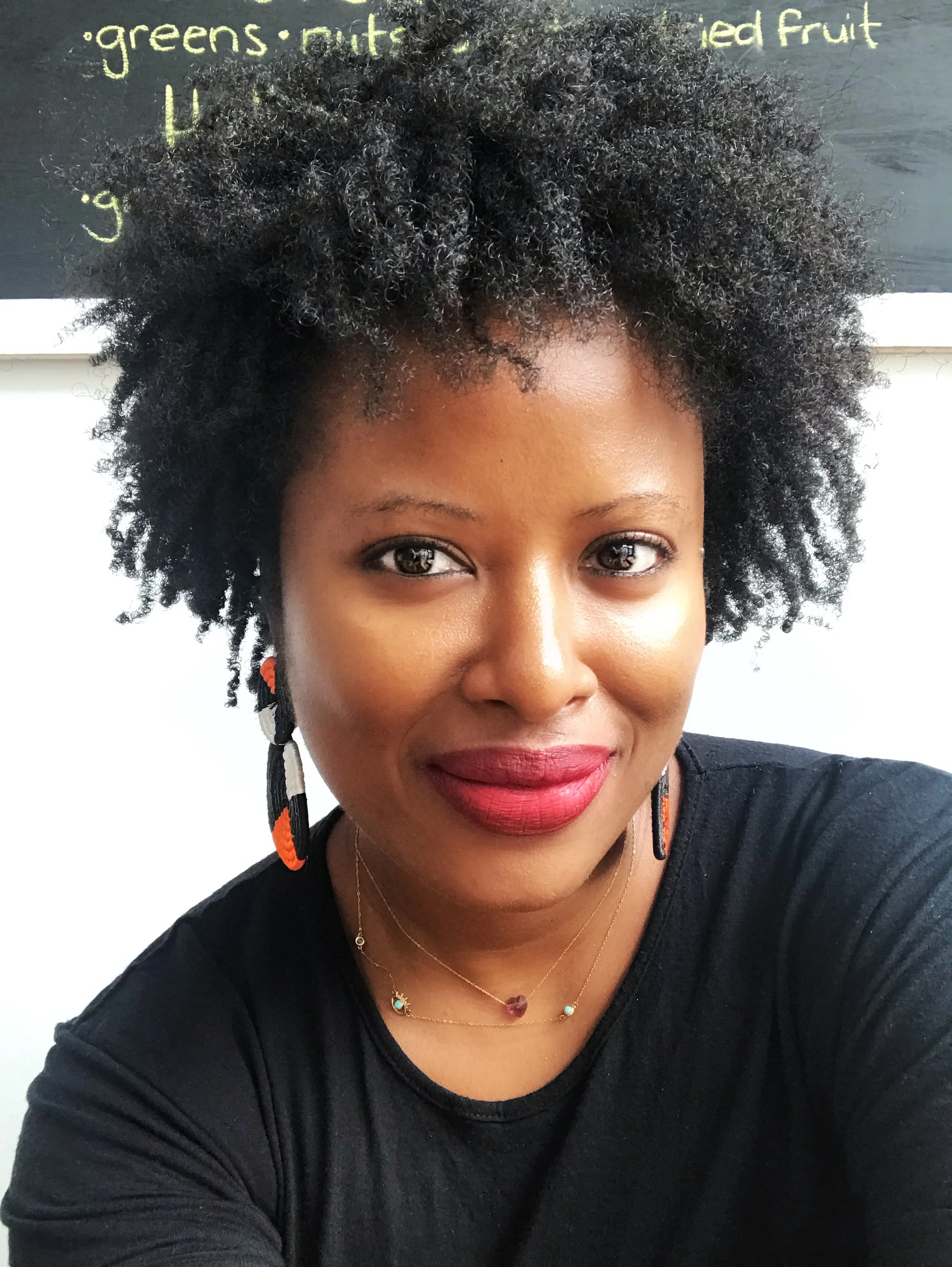Money & Sense: How to become a consultant in Africa
Eight Tips to help you land your next consulting gig!
Last time I found myself in a cubicle I was working as an intern at NY State Department of Health. Today I was in a cubicle as Lead Communications Consultant to a project at a UN agency in Sierra Leone. Same cubicle, different day. While I've been consulting full time for the past 6 years I usually work remotely. This time for a couple days a month I will need to spend time in a cubicle but I am not complaining. I am super excited about using the skills and expertise I've developed in the private sector for public good.
In between four meetings at work I decided I should share how I got there for any one interested in one day venturing into consulting for NGOs or private sector.
Here are some quick tips to increase your chances of getting a consultancy or becoming a consultant.
1. Subject Matter Expertise
If you want to become a consultant you need to make sure you know something very very well. This means getting the relevant professional certifications that will serve to demonstrate your proficiency. In my case I have an MS in Journalism.
2. Experience in the field
If you're just starting out this doesn't have to be paid experience. It can be projects that you start, scale, and complete. It can be an experience you acquire from an internship or volunteering but specifically related to your field. If your expertise is in say procurement and that is where you want to become a consultant in then you need to show evidence of work done in that field. Variety is important too. Make sure you look for opportunities in the field that will give you public sector, private sector, and non profit sector experience and if possible local, regional, and national.
3. Upskill as an investment
For those who have been away from school for sometime and are looking for consulting opportunities you need to know that a degree is no longer enough. You don’t need to go back to school for another degree. You can re-skill/Upskill. Go learn a technical skill related to your field that will give you a consulting edge. You can sign up for distance learning via Coursera or another platform that offers courses online or re-enroll for a short certificate course at a local technical institute. Make sure when you do invest in upskilling it is for skills that are highly in demand in your local job market.
3. Register for alerts and updates:
Register to be a vendor or open an account on Devex, World Bank, ReliefWeb, UN Jobs, UNOPS and other UN employment websites that send out alerts on opportunities.
4. Inform your network:
Let people in your network know the kind of opportunities you're looking for so that when they come across them they'll notify you so you can apply. You can do this in person or via email. Sometimes it is not that your friends and family don’t want to send leads and opportunities your way, it is rather they don’t know you skill sets, or that you’re looking. Let them know and they’ll send consulting leads your way.
5. Read the newspaper:
Most International organisations in-country do their ads in local print press as well as international. If you don't know the opportunities are available you won't be able to apply, so keep checking the papers.
6. Keep updating your skills and knowledge:
Every industry has new tools, trends, and data that emerge ever so often. No matter your field or expertise as a consultant you will be more marketable and employable as a consultant if you read, monitor, research, and maintain an attitude of continuous growth and learning.
7. Get Technical
There has been a lot of conversation this week around technical expertise and it is necessary. It simple means practical and or mechanical skills. That beyond just talking big ideas you have the skills to create and make and do. In my case for marketing and communications the technical skills include being able to collect data both qualitative and quantitative to develop a marketing plan. It also means being able to do photography, documentary videography, social media marketing, blogging, strategic communication plans, and write policy briefs, fact sheets, FAQs, Human Interest Stories, produce and publish podcasts, and so much more. If you don't have the skills to do practical things the consulting opportunities you want will go to other people or foreigners passing themselves off as technical experts. Ha.
I hope that these tips have been useful but if they haven't been that's okay too. At least I got to flex my technical expertise. Hehe. Yes Sah, wi yerri loud and clear, get technical or shub gee wi road.
If you would like to add blogging to your set of technical skills I’m teaching a free digital skills masterclass in Sierra Leone this Saturday! Sign up Now!





